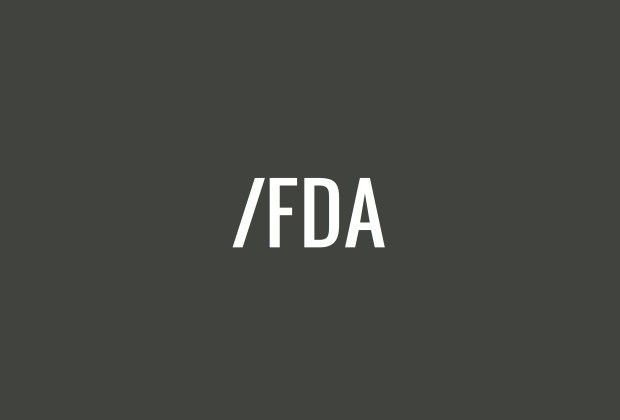Swisher, one of the world’s largest cigar companies, lost an appeal seeking an injunction against the U.S. Food & Drug Administration’s deeming regulations regarding the premarket review process.
The U.S. Court of Appeals for the Eleventh Circuit ruled against Swisher, finding that a previous ruling from a district court was correct and that Swisher has not proven that FDA’s actions have produced “irreparable harm” for the cigar giant.
Note: The enforcement deadlines in this case currently do not apply to most cigars sold in humidors. Because of a Washington D.C. court’s orders, cigars that are “premium cigars” are currently not subject to the premarket approval requirements that are mentioned below. In this case, the definition used for “premium cigars” would apply to most cigars found in a humidor with notable exceptions being cigars that are flavored or machine-made.
Last summer, Swisher sued FDA and sought an injunction that would have prevented the agency from enforcing premarket orders against the company’s products until after FDA completed the premarket review process. Swisher argued that FDA’s regulations allowed the agency to require companies like Swisher to remove the products before the agency completed its premarket review process.
In layman’s terms, Swisher argued that FDA could require products to be removed from the market not because FDA concluded the products were not compliant, but simply because the agency hadn’t reviewed the applications in time to approve the products. Swisher told a court that not only was this unfair—because in this hypothetical instance the fault would be with FDA’s delays, not Swisher’s actions—but also could cost the company billions of dollars in sales and millions more in lost investments.
Swisher—along with other companies selling non-premium cigars—was required to submit product approval applications by September 2020 but there was a one-year grace period that allowed for products to remain on the market while FDA reviewed the applications. In theory, FDA would use the one-year time period to review all of the applications and determine which ones were compliant and allowed to remain on the market and which products weren’t compliant.
In reality, FDA did not have the resources to evaluate all of the product applications by September 2021, the end of the grace period. By last August, FDA had not given marketing orders—the term for a final approval—for 171 Swisher products, which the company says generated 89 percent of its revenue. Furthermore, as of July 28, 2021, FDA had evaluated less than 30 percent of the 7,100 products seeking substantial equivalence and had another 1.4 million products with pending PMTA applications.
Swisher wanted the court to bar FDA from removing its products until only after the agency had completed the review of the products and not simply because a deadline had passed.
Both FDA itself and its Department of Justice attorneys argued that FDA had no intention of removing any of Swisher’s products simply because a deadline had passed. In a letter sent to Swisher a week after the company filed a lawsuit, FDA said it did not have any plans to remove any of the Swisher products with pending application and that if it decided a product would need to be removed, it would give the company a notice that allowed Swisher 60 days to respond.
Swisher argued that the fact that FDA opposed Swisher’s request for an injunction proved that the threat of FDA removing its products before making a decision was real. In short: if the agency had no interest in doing so, why wouldn’t agree to a court order that would prevent the removal before FDA made a decision.
Two days before the grace period expired, a court ruled against Swisher, concluding that the company had failed to meet the high burdens required for a court to issue an injunction. Swisher appealed and today, a three-judge appeals panel upheld the original decision.
The appeals court’s panel—Judges Adalberto Jordan, Robin S. Rosenbaum, Kevin C. Newsom—concluded that Swisher failed to establish how not issuing the injunction would cause the company “irreparable injury.”
Swisher argued that one of its largest customers informed the company that it “was considering no longer selling Swisher’s products if Swisher could not certify its compliance with governing regulations by September 1, 2021.” For better and worse, Swisher conceded that that customer was still purchasing its products, which the court says fails to meet the burden of “irreparable injury.”
While Swisher might have lost the appeal, there’s no evidence that FDA has required the company to remove any of its products due to timing and not because of issues with the product application itself. In fact, the Eleventh Circuit’s decision indicated that if FDA were to do such a thing, an injunction would be a very possible outcome.



